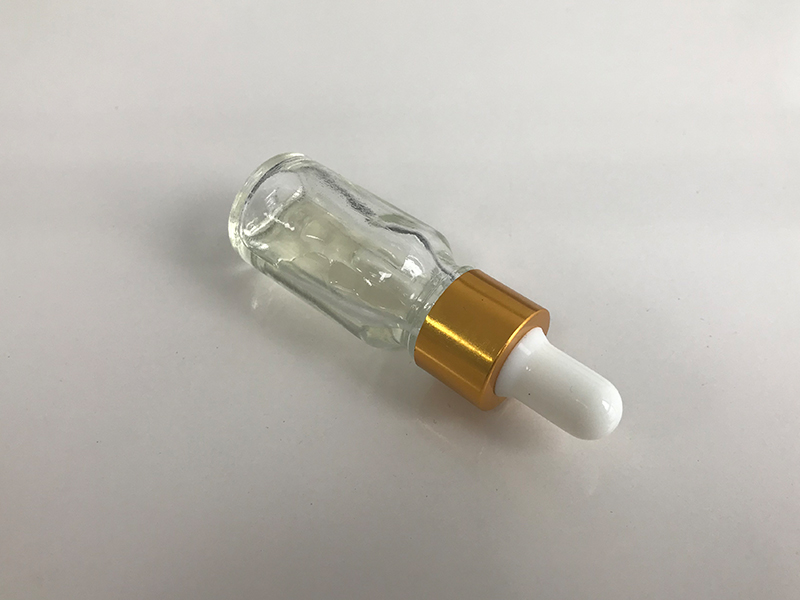Jojoba oil, derived from the seeds of the jojoba plant (Simmondsia chinensis), has gained popularity in various industries due to its unique properties and potential benefits. Here’s a comprehensive study of jojoba oil covering its composition, uses, benefits, and potential drawbacks:
Composition of Jojoba Oil:
- Fatty Acids: Jojoba oil is primarily composed of fatty acids, including oleic acid, eicosenoic acid, docosenoic acid, and erucic acid.
- Esters: A significant portion of jojoba oil consists of esters, particularly wax esters, which are unique to this oil. These esters resemble human sebum, making jojoba oil an excellent moisturizer.
- Vitamins and Minerals: Jojoba oil contains essential vitamins and minerals such as vitamin E, vitamin B complex, zinc, copper, selenium, iodine, and chromium.
- Antioxidants: The presence of antioxidants like tocopherols contributes to the oil’s stability and its potential anti-aging properties.

Uses of Jojoba Oil:
- Skincare: Jojoba oil is renowned for its moisturizing properties and is commonly used in skincare products like moisturizers, cleansers, and serums. It’s non-comedogenic and suitable for all skin types, including sensitive and acne-prone skin.
- Haircare: Due to its similarity to sebum, jojoba oil can effectively moisturize the scalp and hair without leaving a greasy residue. It’s often used in hair conditioners, masks, and styling products to promote hair health and shine.
- Makeup: Jojoba oil serves as a natural alternative to mineral oil in makeup products. It’s used as a carrier oil in foundations, lipsticks, and eyeliners, providing hydration without clogging pores.
- Massage: With its lightweight texture and moisturizing properties, jojoba oil is commonly used as a massage oil. It’s easily absorbed into the skin, leaving it soft and supple.
- Medical: Some studies suggest that jojoba oil may have anti-inflammatory and wound-healing properties, making it potentially beneficial for treating conditions like eczema, psoriasis, and minor skin injuries.
Benefits of Jojoba Oil:
- Moisturizing: Jojoba oil closely resembles human sebum, making it an excellent natural moisturizer for the skin and hair.
- Non-comedogenic: Unlike many other oils, jojoba oil is non-comedogenic, meaning it won’t clog pores. This makes it suitable for individuals with acne-prone skin.
- Antimicrobial: Jojoba oil exhibits antimicrobial properties, which may help in controlling bacterial growth on the skin, reducing the risk of acne and other skin infections.
- Anti-inflammatory: Some research suggests that jojoba oil may possess anti-inflammatory properties, potentially aiding in the treatment of inflammatory skin conditions.
- Antioxidant: The presence of antioxidants like vitamin E in jojoba oil helps protect the skin from oxidative stress and environmental damage, potentially reducing signs of aging.

Drawbacks of Jojoba Oil:
- Allergies: Although rare, some individuals may experience allergic reactions to jojoba oil. It’s advisable to perform a patch test before using it extensively, especially for those with sensitive skin.
- Cost: Jojoba oil tends to be more expensive compared to other carrier oils due to its extraction process and unique properties.
- Sustainability Concerns: There may be environmental concerns regarding the cultivation and harvesting of jojoba plants, particularly in regions where they are not native.
- Stability: While jojoba oil is relatively stable, it can still undergo oxidation over time, leading to rancidity and a decrease in efficacy.
In conclusion, jojoba oil offers a wide range of benefits for skincare, haircare, and beyond, thanks to its unique composition and properties. However, individuals should be aware of potential allergies and environmental considerations when using this versatile oil.
